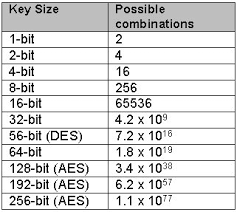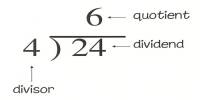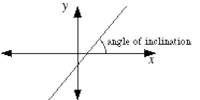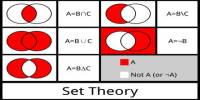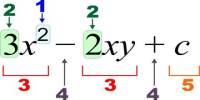In cryptography, key size or key length is the size measured in components of the key utilised in a cryptographic formula. An algorithm’s essential length is specific from its cryptographic safety, which is a logarithmic way of measuring the fastest acknowledged computational attack on the algorithm, also tested in bits. The security associated with an algorithm cannot surpass its key size, but it is usually smaller.
Key Size
